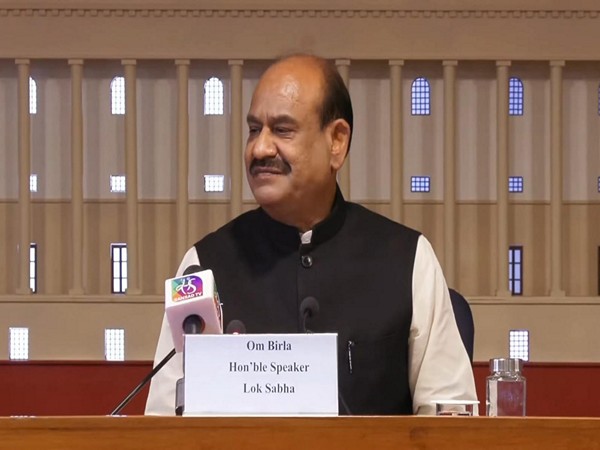Inclusivity and Justice Redefined: India's New Criminal Laws Unveiled
Lok Sabha Speaker Om Birla highlights India's new criminal laws, crafted after extensive consultation, aligning with modern challenges and technology. Addressing diplomats, he emphasized legal frameworks, mutual understanding, and international commitments, reflecting democratic values and a commitment to justice, gender equality, and human rights in India's legislative evolution.

- Country:
- India
Lok Sabha Speaker Om Birla on Tuesday announced the enactment of three new criminal laws that were meticulously crafted following comprehensive discussions in the House and Standing Committee, alongside significant public participation. During a program organized by the Institute of Constitutional and Parliamentary Studies (ICPS) at Parliament, Birla spoke to 135 diplomats and officials from 83 nations, noting that these laws respond to contemporary societal challenges.
Birla emphasized that the new statutes are designed to accommodate technological advancements and the evolving nature of crimes. He assured that Indian law upholds the right to justice for all, emphasizing the public's deep trust in the judicial system. According to Birla, this trust has only grown stronger over the past 75 years, symbolizing India's dedication to justice.
Addressing the global audience, Birla underscored the importance of understanding each nation's legal values and frameworks to enhance diplomatic efficiency and mutual understanding. He encouraged the diplomats to familiarize themselves with India's legal structure, parliamentary procedures, and democratic ethos. Birla commented on increasing public confidence in India's legislative process, attributing this to a steadfast commitment to transparency, accountability, and inclusivity in legislative work.
Birla also mentioned that lawmakers have persistently evolved laws to protect rights, promote justice, and foster economic growth. Highlighting the embodiment of gender equality within these laws as a foundational aspect of the Constitution, he suggested that this could serve as a model globally.
He reiterated India's adherence to international laws and its strong advocacy for human rights, ensuring dignity, freedom, and equality for all citizens. Birla pointed out that Indian laws, including those on gender equality, environmental protection, and anti-discrimination, are empowering tools. He also celebrated India's longstanding heritage of arbitration, praised by the former Chief Justice of India UU Lalit, who also addressed the gathering.
(With inputs from agencies.)
ALSO READ
Cries from Darfur: A Grim Report on Human Rights Violations
Nobel Laureate's Fight: Ales Bialiatski's Journey and Struggles for Human Rights
NHRC Launches Winter Internship 2025 to Inspire Youth Leadership in Human Rights
Thai authorities to take up Luthra brothers' case; weigh legal, human rights aspects: sources










